Today's technology has overtaken religion as the chief influence on twenty-first century life and community. In Tech Agnostic, Harvard and MIT's influential humanist chaplain Greg Epstein explores what it means to be a critical thinker with respect to this new faith. Encouraging readers to reassert their common humanity beyond the seductive sheen of “tech,” this book argues for tech agnosticism—not worship—as a way of life. Without suggesting we return to a mythical pre-tech past, Epstein shows why we must maintain a freethinking critical perspective toward innovation until it proves itself worthy of our faith or not.
Epstein asks probing questions that center humanity at the heart of engineering: Who profits from an uncritical faith in technology? How can we remedy technology's problems while retaining its benefits? Showing how unbelief has always served humanity, Epstein revisits the historical apostates, skeptics, mystics, Cassandras, heretics, and whistleblowers who embody the tech reformation we desperately need. He argues that we must learn how to collectively demand that technology serve our pursuit of human lives that are deeply worth living.
In our tumultuous era of religious extremism and rampant capitalism, Tech Agnostic offers a new path forward, where we maintain enough critical distance to remember that all that glitters is not gold—nor is it God.
Greg M. Epstein serves as Humanist Chaplain at Harvard & MIT, where he advises students, faculty, and staff members on ethical and existential concerns from a humanist perspective. He was TechCrunch's first “ethicist in residence” and has been called “a symbol of the transition in how Americans relate to organized religion” (The Conversation). In addition to his award, winning new book Tech Agnostic, he is the author of the New York Times-bestselling book Good Without God and has also written for TIME, MIT Technology Review, CNN.com, Big Think, The Boston Globe, The Washington Post, and Newsweek. He holds ordination as a humanistic rabbi, and before coming to Harvard twenty years ago, he received a Posen Fellowship, funding a year of study in the Talmud Department of the Hebrew University of Jerusalem.


